Report: Saudi authorities cover abuses in migrant centers amid mass arrests
Saudi authorities are covering rampant human rights abuses at its migrant detention centers while continuing to arrest thousands of foreign migrants in a vicious witch-hunt, according to a report.
Published on Friday, the shocking report in Middle East Eye said the kingdom authorities were hiding pervasive human rights violations and heinous conditions at migrant detention facilities while continuing to arrest thousands of African and Yemeni migrants.
The online news portal cited the Ethiopian migrants awaiting deportation as saying that Saudi authorities had conducted mass searches of the detention centers, confiscating phones and any devices that could be used to shine a light on their suffering to the outside world.
“They came in here looking for phones because they don’t want the world to see images of our suffering here,” Semir, an Ethiopian migrant currently held at a deportation center in Riyadh, was quoted as saying. “When they would find a phone, they would beat up the owner with batons.”
Ethiopians held in Saudi detention centers told the new portal that they were given little to eat even in the holy fasting month of Ramadan and held for months in putrid, overcrowded rooms.
“People are going mad here. There is little food and many of us haven’t been outdoors in almost nine months,” Nebil, a detainee in Riyadh, was quoted as saying. “We used to get a piece of bread three times a day. Since Ramadan, we get it only once, at night.”
The report said Saudi police had ordered people set for deportation to sign non-disclosure agreements forbidding them from talking to journalists about their harrowing experiences.
The shocking revelations by these migrants about the pitiful conditions at the detention centers correspond with the assessment of officials from the International Organization for Migration (IOM) and other UN agencies supporting relief efforts at returnee reception centers in Ethiopia.
“In addition to injuries and illnesses suffered due to the hazardous journey, the IOM has observed that communicable diseases, such as tuberculosis and skin conditions are prevalent among returnees,” Yvonne Ndege, spokesperson for the agency’s East and Horn of Africa office, was cited in the report.
“Prolonged periods in overcrowded and unsanitary facilities may well be a contributing factor to this issue.”
Rights groups confirmed in October 2020 that abuse and deaths among migrants were commonplace at the Saudi detention centers. The European Union parliament also passed a resolution condemning Riyadh for its mistreatment of migrants.
The number of Ethiopian detainees held at the kingdom’s migrant detention centers has seen a sharp rise in recent months as the unwarranted witch-hunt has intensified.
In an attempt to ease the burden, Saudi authorities reached an agreement with Ethiopia in March to fly out at least 100,000 Ethiopians, many of whom were detained in waves of anti-migrant crackdowns last year.
Since the agreement was signed, thousands of Ethiopians have returned to their homeland, with another 1,031 landing in the Ethiopian capital Addis Ababa on Wednesday.
However, mass arrests by Saudi authorities continue to target thousands more, with 15,000 migrants, almost all of them Ethiopians and Yemenis, detained in a single week in March.
In September 2020, a report in The Sunday Telegraph had made a startling disclosure about hundreds of African migrants locked in heinous conditions in a drive to stop the spread of the COVID-19 pandemic, which the report said was reminiscent of Libya’s slave camps.
Graphic mobile phone images by migrants held inside the detention centers showed detainees crippled by the heat lying half-naked in small rooms with closed windows.
“It’s hell in here. We are treated like animals and beaten every day,” Abebe, an Ethiopian who had been held at one of the centers for more than four months, told the newspaper.
“A young boy, about sixteen, managed to hang himself last month. The guards just throw the bodies out back as if it was trash,” said another.
Human Rights Measurement Initiative (HRMI), which is run by activists, researchers, and academics, in its annual tracker last year, said Saudi Arabia was the second-worst state in human rights (after Mexico) of 36 countries for which there was full data.
ICC issues arrest warrants for Netanyahu, Gallant for war crimes
Israeli strikes kill 88 Palestinians in northern Gaza
American voters plainly rejected complicity in Gaza genocide: Iran FM spox
ICC should issue more arrest warrants for Israeli authorities over Gaza genocide: UN expert
Israel using AI weapons co-produced by India in Gaza genocide: Report
Israel issues new evacuation orders, shortly launches strikes on southern Lebanon
VIDEO | Press TV's news headlines
From Iraq to Gaza: The great disconnect between British people and rulers


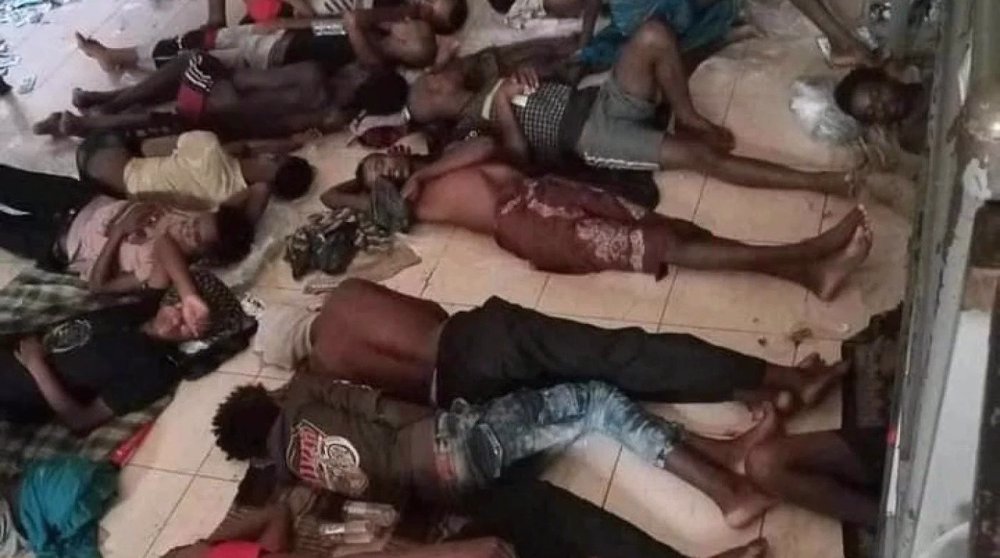
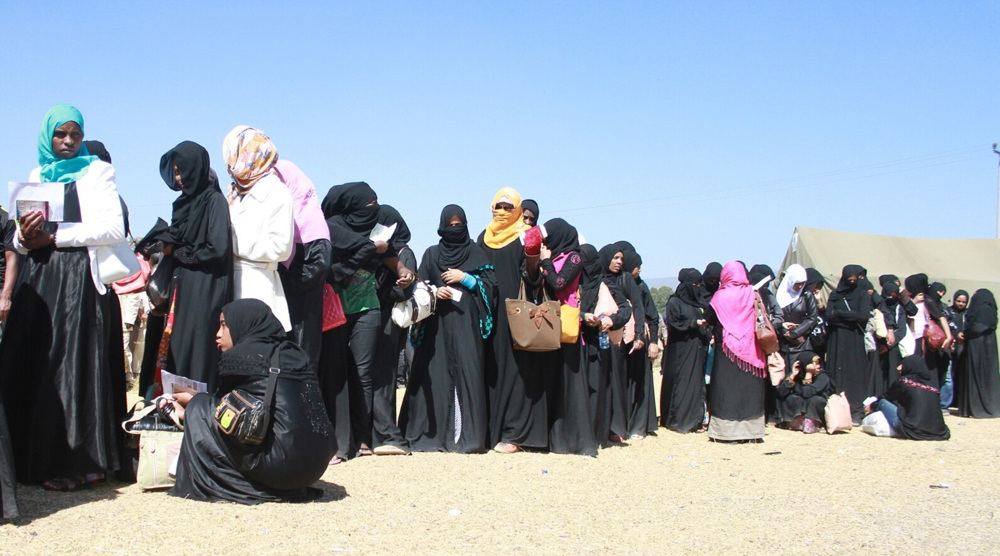


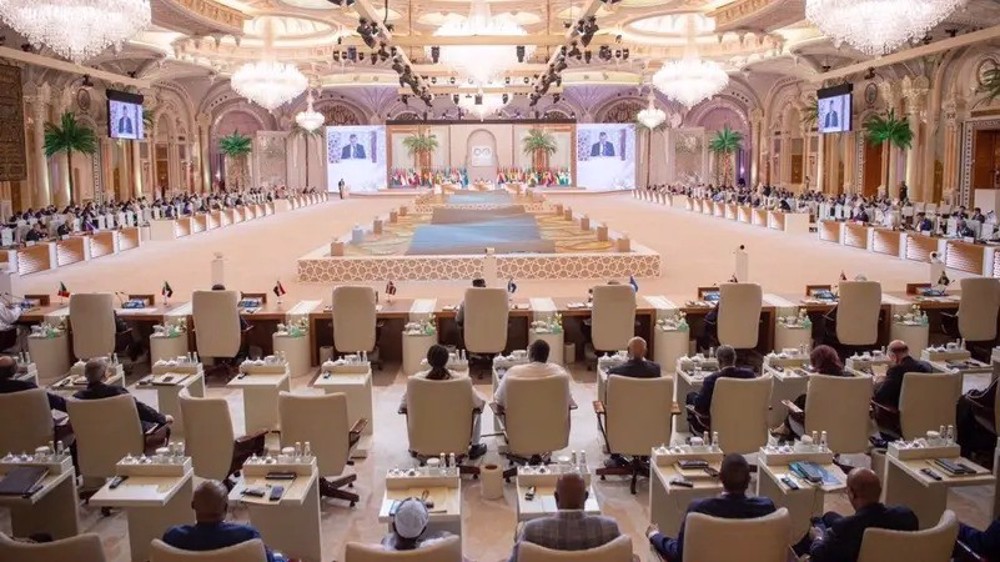



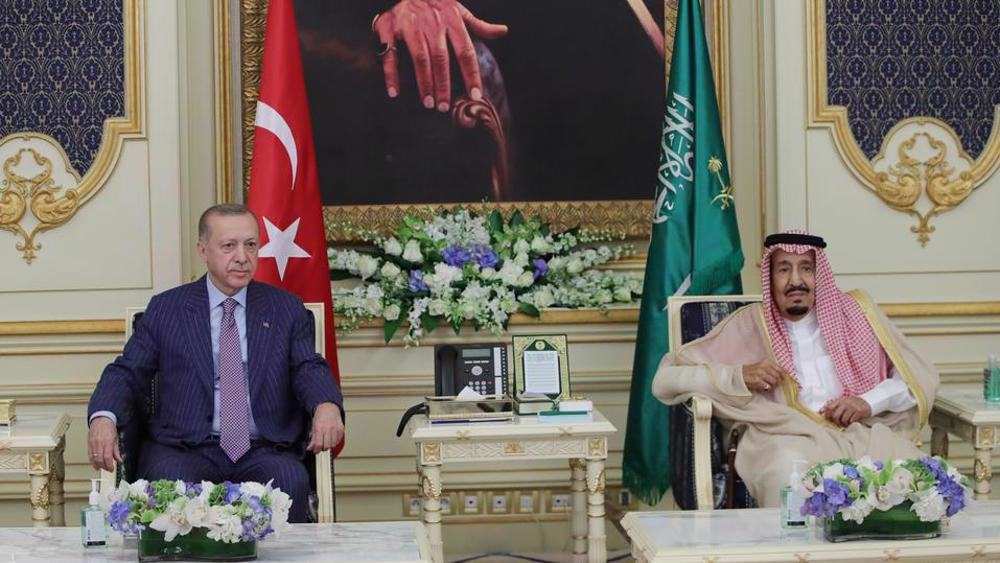
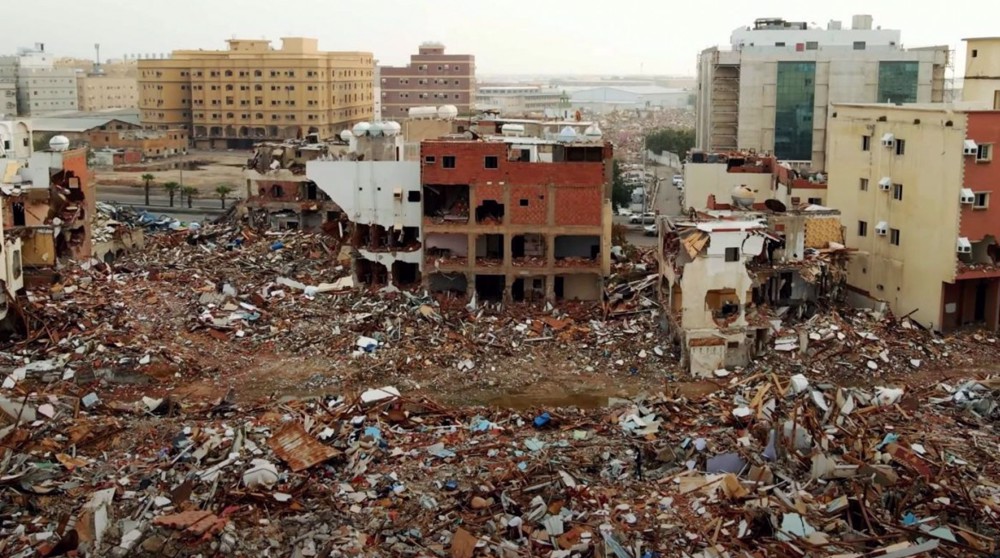

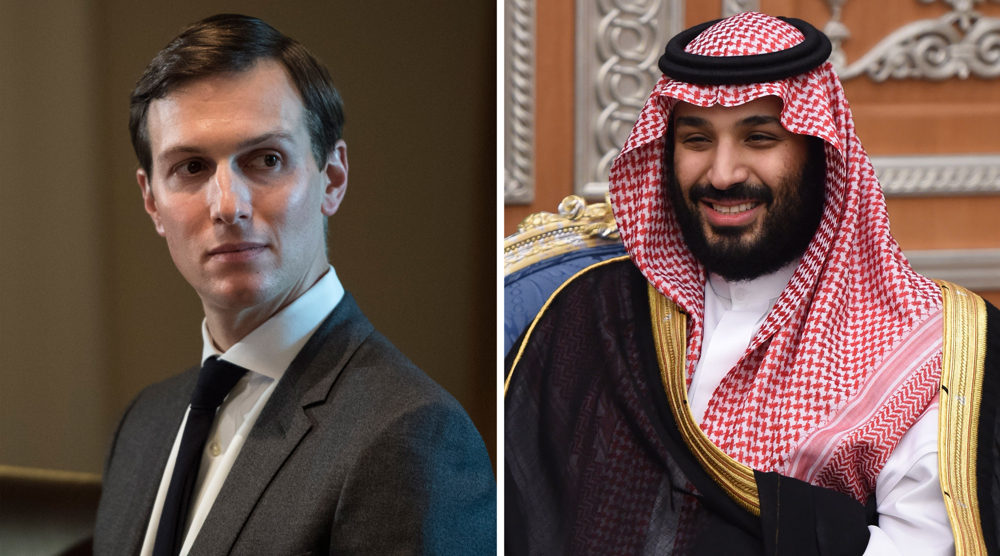
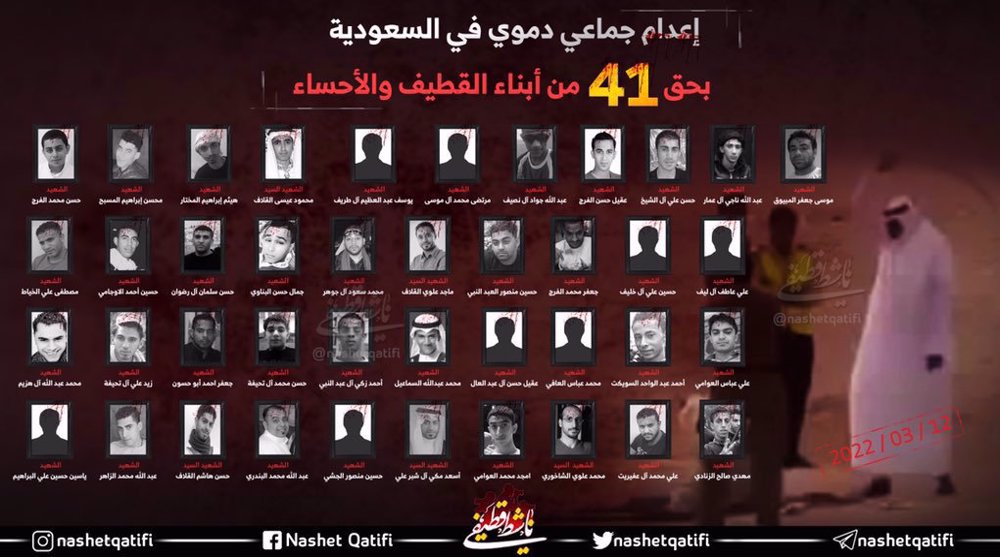

 This makes it easy to access the Press TV website
This makes it easy to access the Press TV website